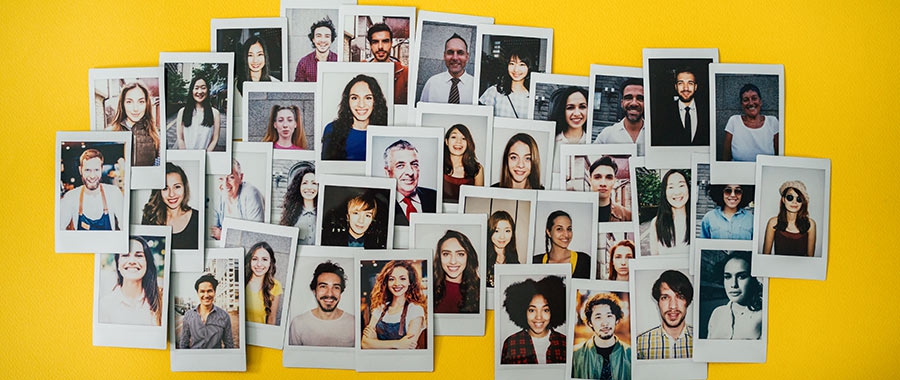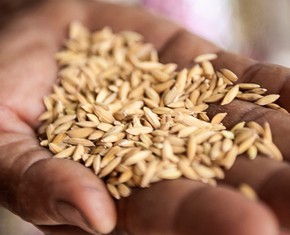The views expressed in our content reflect individual perspectives and do not represent the authoritative views of the Baha'i Faith.
Throughout my home, I have keepsakes and souvenirs collected from trips and special events. Many other people do, too.
I love looking at these items and recalling the experience or location associated with them—though I admit that the details for every rock, bone, or seashell do tend to get lost in time.
Some items don’t lend themselves well to being on display on a shelf or a wall, so those are put away elsewhere—not forgotten or unappreciated, just not so visible.
This morning while looking for something else, I happened to see one of those items: a neatly folded, clean, slightly frayed hand towel. I paused, remembering how my husband John and I had received it—an unexpected gift in Malaysia from a man whose village we had visited while on a service project. As we left via longboat, he had shyly handed it to us as a farewell gift. It might seem that a towel (and not a new one at that) is an odd gift, but we knew even at that instant that this man had few possessions. Seeing that towel this morning, I sent happy thoughts to that gentle man who honored us with his generosity many years ago.
Then memories of other acts of generosity came back to me. One outstanding example happened in Albania in the early 1990s, shortly after the fall of communism there. We were once again on a service project, and travel was difficult due to the country’s infrastructure being in shambles. Yet every day, as we visited villages and towns (frequently arriving on foot or even by donkey) people we had never met until then offered us warm hospitality. Along with the overnight accommodations were meals and water, the latter being especially precious. The warmth and generosity of these people, who had suffered so much themselves, was at times overwhelming.
The people of Albania were not Baha’is, but the memory of their showering us with such love helps me to envision a world where strangers will be considered friends, where no one will tolerate others going hungry, and where all will be welcome everywhere. Those wonderful qualities of generosity and hospitality offer us a glimpse into a more gracious future.
Abdu’l-Baha gave us these encouraging words of guidance about that generosity and graciousness toward strangers:
When you meet a … stranger, speak to him as to a friend; if he seems to be lonely try to help him, give him of your willing service; if he be sad console him, if poor succour him, if oppressed rescue him, if in misery comfort him. In so doing you will manifest that not in words only, but in deed and in truth, you think of all men as your brothers. – Abdu’l-Baha, Paris Talks, p. 23.
I also have in my house several shelves of photo albums and slides. Although I don’t look at them often, I cherish the memories they chronicle—family events, beautiful scenes of nature, significant places visited. Most people don’t photograph the sad, troubling and perplexing times. What would those photographs look like anyway? So the photos bring smiles and sometimes nostalgic tears.
I know people who arrived in North America as refugees, and the one thing they carried as they fled their homes were photo albums.
Whether these sorts of items are on the wall, on a shelf, or in a closet, they trigger memories. I feel connected to the people who shared their moments so generously with me. Precious as these items are, even if I were to lose them I will not lose the gratitude I feel toward the people.
To thank them, I am inspired to be generous and hospitable to others—as they were to me.
















Comments
Sign in or create an account
Continue with Googleor